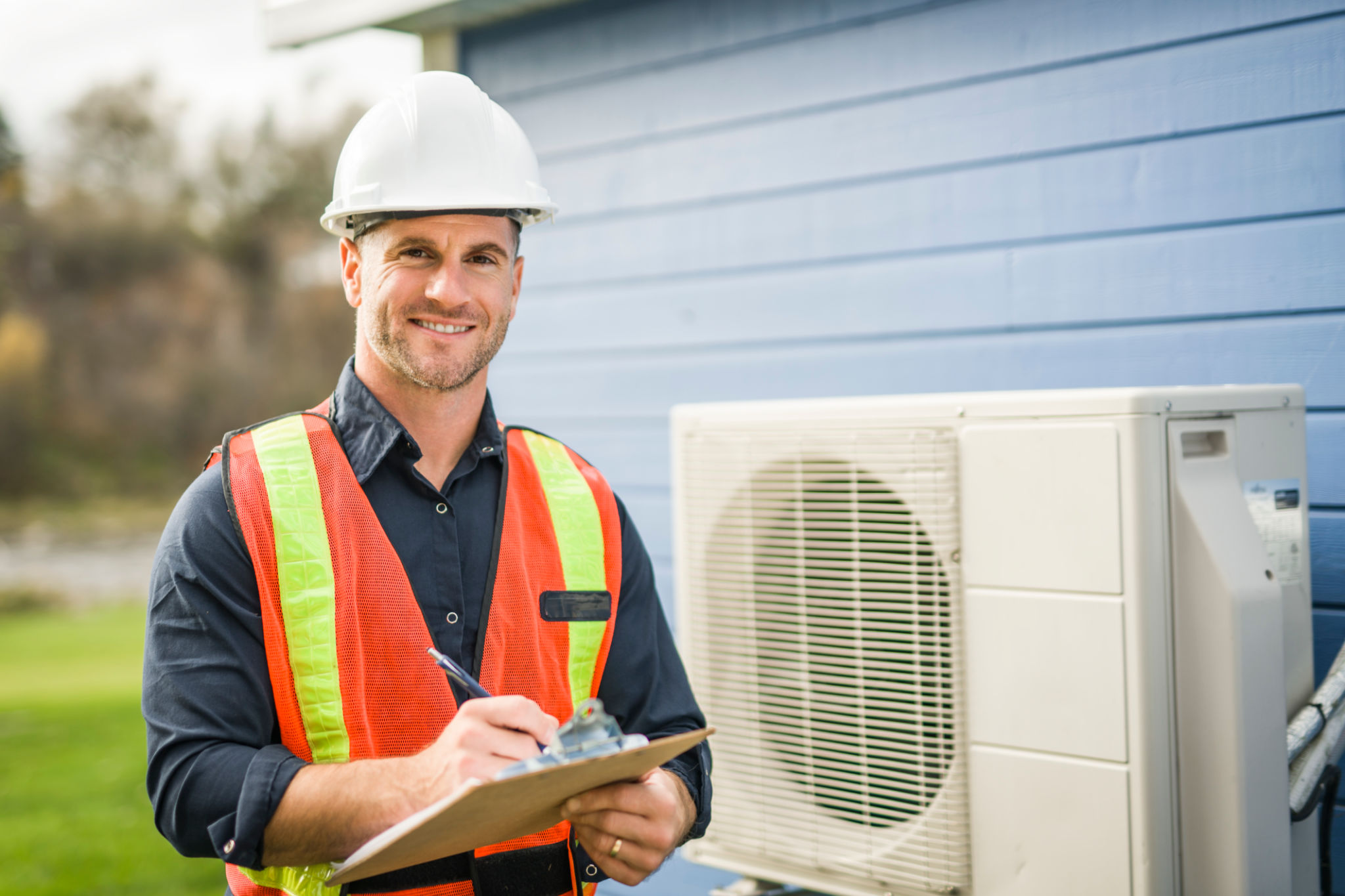Expert Tips on Improving AC Efficiency and Reducing Energy Bills
Understanding Your AC System
Before diving into tips on improving AC efficiency, it's important to understand how your air conditioning system works. An air conditioner works by removing heat and moisture from the indoor air and transferring it outside. It uses a chemical refrigerant to facilitate this process, cycling through a series of coils. Knowing the basic function of your AC can help you make informed decisions about its maintenance and operation.
Regular maintenance is crucial for ensuring your air conditioner runs efficiently. Over time, components can wear out or become clogged with dust and debris. This not only reduces efficiency but can also lead to costly repairs. Scheduling routine check-ups can prevent these issues and keep your system running smoothly.

Optimize Thermostat Settings
One of the simplest ways to improve AC efficiency is by optimizing your thermostat settings. During the summer months, aim to keep your thermostat set at a comfortable but efficient temperature, such as 78°F when you're home and higher when you're away. Investing in a programmable thermostat can automate these adjustments, ensuring your system isn't working harder than necessary when no one is home.
Also, consider using ceiling fans in conjunction with your air conditioning. Fans help circulate cooled air throughout the space, allowing you to raise the thermostat setting without sacrificing comfort. This small adjustment can significantly reduce energy usage.
Enhance Home Insulation
Proper insulation plays a critical role in maintaining the efficiency of your AC system. If your home is not well-insulated, cool air can escape, forcing your system to work harder to maintain the desired temperature. Ensure that your attic, walls, and floors are properly insulated. Sealing cracks and openings in doors and windows can also prevent cool air from leaking out.

Another way to enhance insulation is by using energy-efficient windows. Double-glazed or low-E windows can help reduce heat gain from the outside, keeping your home cooler without additional strain on your AC unit.
Regular Filter Replacement
Air filters play a vital role in maintaining indoor air quality and system efficiency. Over time, filters can become clogged with dust, pollen, and other particles, restricting airflow and forcing your system to work harder. Replacing or cleaning filters every 1-3 months can significantly improve efficiency and prolong the life of your system.
Consider upgrading to high-efficiency particulate air (HEPA) filters if you have allergies or pets. These filters capture smaller particles and can improve both air quality and AC performance.

Schedule Professional Tune-Ups
While some maintenance tasks can be managed independently, scheduling regular professional tune-ups is essential for optimal AC performance. HVAC professionals have the expertise to identify potential issues early and ensure that all components are functioning correctly. They will check refrigerant levels, inspect ductwork for leaks, clean coils, and ensure that all parts are in good condition.
By investing in professional maintenance, you can prevent costly repairs down the line and ensure that your system operates efficiently throughout its lifespan.
Conclusion
Improving AC efficiency and reducing energy bills doesn't have to be complicated. By understanding how your system works and taking proactive steps like optimizing thermostat settings, enhancing insulation, replacing filters regularly, and scheduling professional tune-ups, you can enjoy a comfortable home environment while saving on energy costs. Implement these expert tips today to maximize the efficiency of your AC system and lower your monthly bills.
